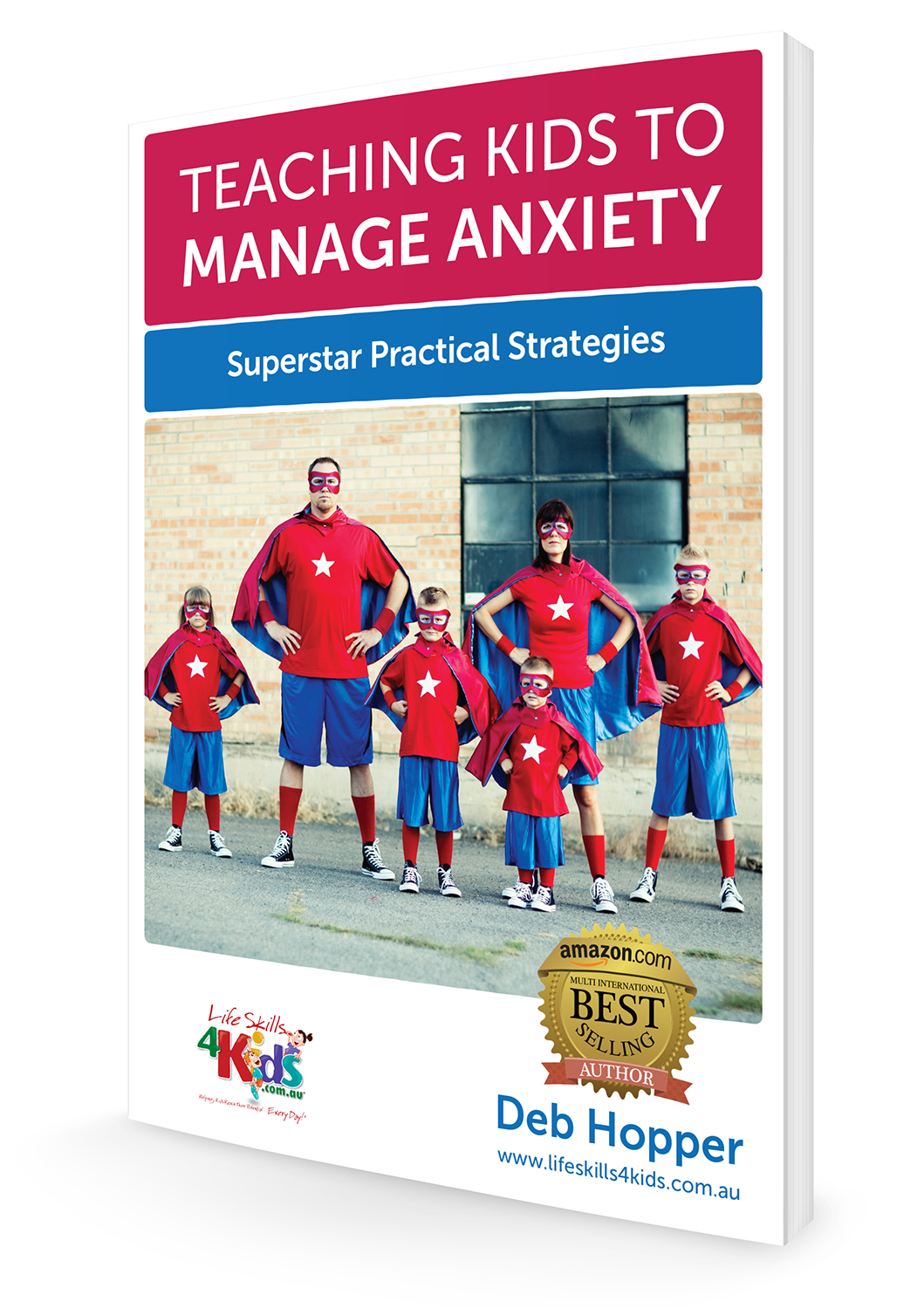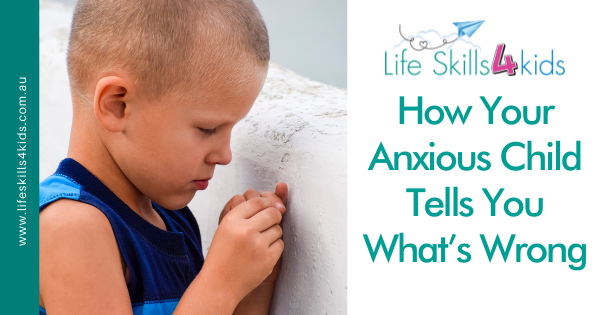Why a Stomach Ache is a Common Symptom of Anxiety
When kids are feeling anxious, they will often complain of a stomach ache. The feelings are real; they really do have pain in their tummies. This is because the enteric nervous system resides in the gastrointestinal tract and is closely linked with the brain. In fact, it is often called the second brain.
So when kids complain of a tummy ache when they are feeling anxious, it is because the chemicals and hormones associated with anxiety are causing a response in their tummies.
An Anxious Child isn’t Making it Up
If you have ruled out illness or health issues that are causing your child’s tummy aches, there’s a good chance that you are dealing with anxiety. It might be tempting to think that your child is telling stories or trying to get attention, but this is not usually the case. (And parents are pretty good at getting to the truth anyway!).
Your child is most likely experiencing anxiety that is manifesting itself in physical symptoms such as a stomach ache, or occasionally, a headache or other aches or pains.
Is it Anxiety or Physical Illness?
There are some clues that a stomach ache is anxiety-related, rather than being caused by illness or health issues. Take note of when your child complains about tummy pain – is it at a regular time, such as before school or at night before bed?
If it is happening regularly, your child is telling you that a particular event or experience is causing feelings of anxiety. There may also be other underlying concerns around the event or experience that are causing the feelings of fear or worry, such as being afraid of the dark or feeling alone at bedtime.
Other Anxiety Symptoms
There are other clues to watch for if you believe you might have an anxious child:
- Inability to focus
- Agitation or restlessness
- Wanting to avoid situations, events or experiences
- Tantrums
- Crying
- Not wanting to go to school
- Meltdowns about minor or unrelated matters
- Having high expectations of their own performance at sports or school work
- Difficulty adjusting to transitions between school and other activities
- Difficulty settling down to sleep at night
How to Help Your Anxious Child
When your child complains of a tummy ache or you observe other anxiety-related symptoms, it’s important to approach the issue in the right way. Check out these tips for ways to help your child manage anxiety.
-
Encourage Your Child to Face Fear
Avoiding an experience or event may bring short-term peace but its better to teach your anxious child to face their fears. Anxious or worried feelings become bigger and more overwhelming if they are allowed to rule choices and behaviour. By facing them, your child will experience the positive feelings of a “win” as well as knowing that they can do something that was previously scary or impossible. When fears are starved, they shrink.
-
Stay Calm Yourself
It’s important that your child sees that you are calm when they are experiencing fear or worry. A calm adult is like a rock in an ocean of fear to an anxious child. They can reason that everything is going to be ok because Mum/Dad isn’t worried or fearful.
-
Use Positive Reinforcement
When your child makes progress, be there to cheer them on. Take notice of the small victories and praise them for being brave and facing their fears. A little encouragement can go a long way. At the same time, avoid punishment for failures or reacting negatively as this can make anxiety issues worse. Try praise for taking small steps or rewards for hitting goals instead.
-
Teach Your Child Relaxation Techniques
Kids respond well to relaxation techniques such as mindfulness or breathing exercises that help to calm or ground them. You can do these together and you will both benefit! One easy exercise is to breathe in while counting to five, then breathe out while counting to five. You can find lots of great resources for mindfulness and relaxation on YouTube or other websites. One of my personal favourites is Cosmic Kids’ Yoga.
-
Pay Attention to Your Child’s Feelings
It’s important to acknowledge your child’s feelings because it helps them to recognize what’s going on. It also helps to empower them to take charge of solutions to the problem when they feel listened to and understood. Talk to your child about what’s going on and why they feel the way they do. Try to get to the bottom of feelings of worry or a stomach ache. Identifying the issues behind the scene will go a long way to helping both you and your child come up with strategies to manage them.
While an anxious child and a stomach ache go hand in hand, there are ways to manage anxiety so that it doesn’t hinder everyday life. Check out my new book for practical strategies that can help kids overcome this debilitating issue and thrive in every situation.
Teaching Kids to Manage Anxiety: Superstar Practical Strategies (eBook)
Kids today are growing up in a fast-paced world where information and opportunity overload can be overwhelming.
Based on many years of clinical experience as an Occupational Therapist, Deb Hopper has been using her Just Right Kids® Model to teach children to communicate and manage their stress and anxiety by:
– Identifying their “body speed”,
– Understanding their stress triggers, and
– Implementing simple strategies to reduce anxiety and stress.


